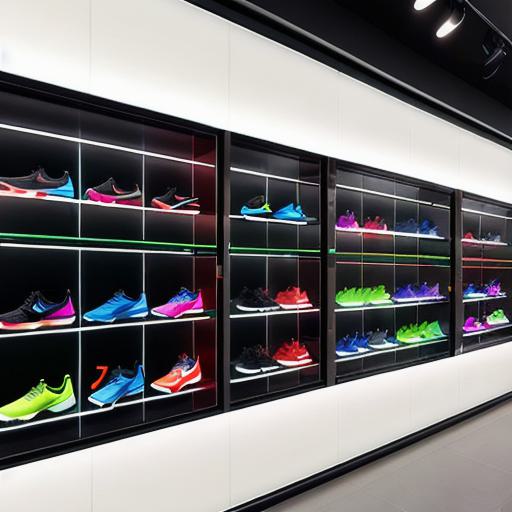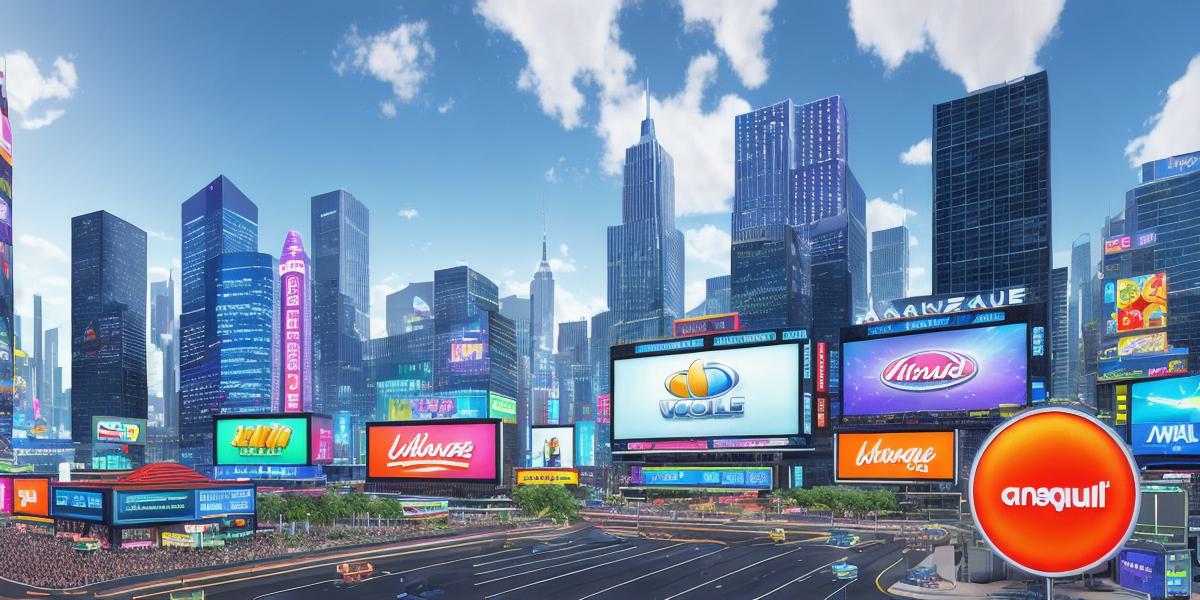In today’s digitally advanced world, brands are continuously seeking innovative ways to engage audiences and expand their reach. One such emerging technology that has captured the attention of marketers is the metaverse. In this response, we’ll delve into how leading brands are leveraging the metaverse for marketing and engagement.
What is the Metaverse?
Before diving deep into brand strategies, let’s first understand what the metaverse is. The metaverse refers to a collective virtual shared space where users can interact with a computer-generated environment and other users. It is an immersive experience that combines elements of social media, gaming, and virtual reality.
Brand Presence in the Metaverse
Many big brands have established a presence in the metaverse to connect with their audiences in unique ways.
For instance:
-
Balenciaga: The luxury fashion brand has taken a step into the metaverse by selling digital clothing items for avatars on Decentraland, a decentralized virtual world. By doing so, they have tapped into a new market and expanded their reach beyond physical stores.

-
Nike: Nike has created its virtual storefront in Roblox, a popular gaming platform, to sell digital sneakers for avatars. The move allows them to engage with younger audiences who spend significant time online and are increasingly interested in virtual experiences.
-
Microsoft: Microsoft’s Teams platform now supports metaverse-compatible avatars, allowing users to create more personalized representations of themselves. This initiative enables brands to interact with their customers in a more immersive environment.

Marketing Campaigns in the Metaverse
Brands are also experimenting with marketing campaigns within the metaverse.
Here’s how:
-
Gucci: Gucci hosted an exclusive virtual fashion show in Roblox, inviting attendees to explore a virtual recreation of its Milan store and view the latest collection. The event attracted thousands of visitors, generating buzz around the brand.
-
Coca-Cola: Coca-Cola created a virtual billboard in Decentraland that allows users to scan QR codes with their mobile devices to receive exclusive offers and rewards. This campaign combines physical and virtual elements to reach a broader audience.
Engagement through Virtual Events
Brands are using the metaverse to host engaging virtual events for their audiences.
For example:
-
Lexus: Lexus held a virtual car show in AltspaceVR, offering attendees an opportunity to explore its latest models and interact with other participants. The event provided a more accessible and cost-effective alternative to traditional physical car shows.
-
Adidas: Adidas partnered with the popular gaming platform Fortnite to host a virtual concert featuring Travis Scott. The event attracted millions of viewers, demonstrating the power of combining entertainment and technology.
**Conclusion: Metaverse as a New Marketing Frontier**
In conclusion, big brands are exploring various ways to leverage the metaverse for marketing and engagement. By establishing a presence in virtual worlds, selling digital merchandise, hosting events, and creating immersive experiences, brands can reach new audiences and expand their offerings beyond physical stores. As the metaverse continues to evolve, we can expect to see more innovative marketing strategies from leading brands.
